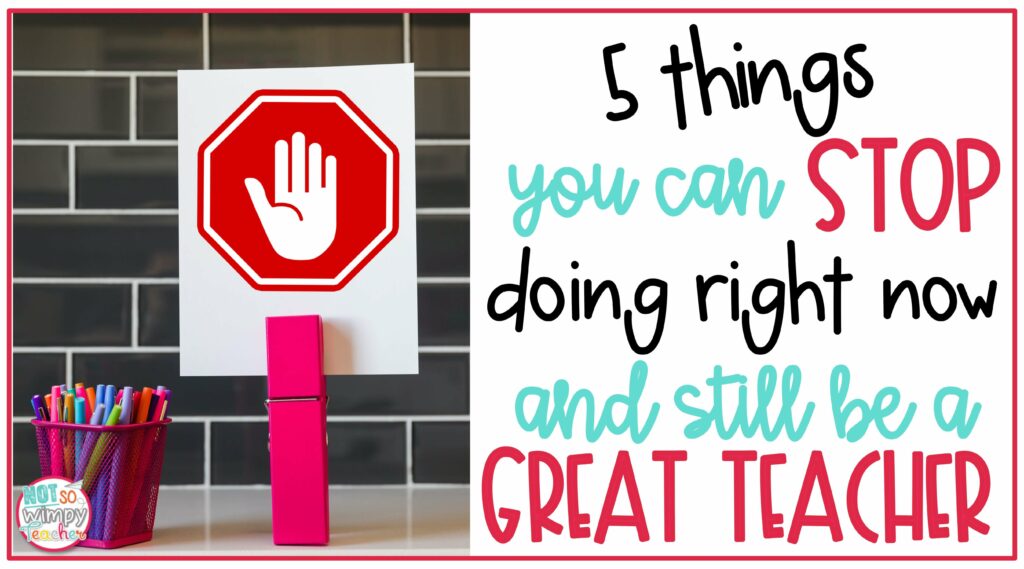
Teachers have a lot on their plates. Lesson planning, grading, communication with families, paperwork, committees, meetings . . . And you feel like you have to “do it all” if you want to be a great teacher.
There’s a common myth that teachers must work around the clock. And that there’s never enough time to finish your to-do list, much less take time for your family, or (gasp) yourself!
I know a lot of teachers buy into this myth. Heck, I bought into this myth. When I first started teaching, I worked ALL. THE. TIME.
I went in early and bribed my own kids to be good with pop-tarts so I could get ready for the day. And I stayed late and brought home piles of work on the weekends. I even took papers to grade on vacation.
I was trying to be a great teacher. But it was exhausting. And not much fun. I knew there had to be a better way.
Luckily, I figured it out. And I’m going to help you figure it out too. Starting right now, I’m giving you permission to stop doing these 5 things. Yup. Just stop.
If you do, you’ll have so much more time, energy, and enthusiasm. And, you will still be a great teacher. Promise.
Coming in early and staying late.
Raise your hand if you’re guilty of working beyond your contract hours. Don’t feel bad. All teachers do it. We believe working long hours is necessary to be a great teacher. But it’s not.
Now, I know what you’re thinking. “Jamie, it’s not possible to get everything done during the school day.” “I have too much to do.” “My planning time isn’t long enough.”
I hear you. I used to be you.

But then I changed my mindset. I stopped thinking “I can’t possibly get it all done.” And started thinking “I’ll use this time to finish the 3 most important things on my list.” That simple shift allowed me to accomplish so much more without the constant feeling of overwhelm.
It is possible to work fewer hours hours if you keep these three things in mind.
- Work will expand to fill the time available. If you stay after school for three hours every day, you will find ways to occupy all that time. But if you limit yourself to your contract hours, you will prioritize your tasks and focus on getting the most important things done during your workday.
- You probably don’t get everything done on your to-do list right now. So why make that the goal? By focusing your energy on completing the three most important tasks each day you will be more productive.
- You must take control of your planning period. I know it’s hard. I loved chatting with my colleagues during my “free” time. But every minute I spent doing that meant another minute I’d have to work late. When I stayed away from the faculty lounge and resisted the urge to check Instagram, I realized I could get a lot done during my planning time. The trick is to shut your door and have a plan for exactly what you’re going to work on.
Grading everything
If you find yourself lugging home bags full of student work every night and weekend, you might want to reconsider your approach to grading.
You don’t need to grade every assignment your students complete to be a great teacher. The purpose of most activities is learning, not assessment. Kids don’t need, nor want, feedback on every activity they do.
I only graded two writing activities and two masterpieces per quarter. Not per week. Or even per month. But per quarter. Simply grading less work saved tons of time.
Here are some more ideas to save time grading:
- Use formative assessments like exit tickets, post-it notes, or student whiteboards where kids can write the answer to one big question at the end of the lesson. This allows you to quickly gauge student understanding and plan for the next lesson.
- Give students a pen and let them “grade” their own work as you go over answers as a class.
- Use rubrics so you don’t have to markup student papers or write lengthy notes.
- Grade assessments strategically. If you have students read their masterpiece as part of a writing celebration, get out your rubric and grade the content portion as they read. All you’ll have to do later is skim the paper to get mechanics grades.
- Grade tests as students turn them in. By the time the class is finished with the assessment you can be more than halfway through with the grading.
- Don’t grade the entire assignment. Just look at one particular skill. For instance, if you are teaching dialogue in a fiction narrative, don’t worry about the introduction, conclusion, transitions, character traits, etc… Just grade the dialogue.
- When all else fails, use the wastebasket to toss all those extra papers that have been sitting in your inbox for weeks. No-one is going to miss them.
For more tips on grading student writing check out this post.
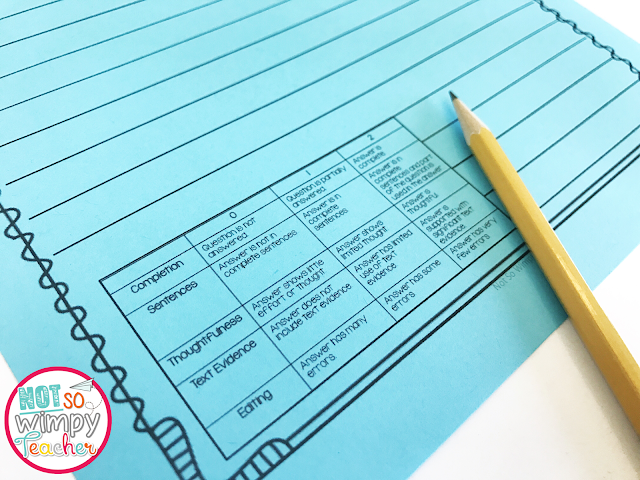
Comparing yourself to other teachers
This is a tough one. It’s only natural to look at all the amazing things your colleagues are doing and feel “less than.”
And, in the days of Pinterest and Instagram comparing yourself to others is even easier, and more demoralizing, than ever. But remember, social media is someone’s highlight reel. You are doing amazing things too!
Here are three tips to keep the comparison monster away:
- Focus on your strengths. What is something that you do well? Exceptionally well? Better than others well?
- Find a cheerleader. Do you have a colleague who you can count on to lift you up and celebrate your accomplishments? Make it a point to check in with that person regularly and trade compliments.
- Pick one thing to get better at. If there’s one area that is constantly challenging you, make a plan to improve in that area. Read a book. Take a class. Find a mentor. And feel good knowing that you are making progress.
It doesn’t matter what’s happening down the hall. All that matters is what’s happening in your classroom, with your students. Are they learning? Are they happy? Have you built a classroom community based on kindness and respect? If the answer to those questions is yes, then you are a great teacher.
Responding to parents and guardians immediately
It’s important to build relationships with your students’ families and maintain regular communication. But that does not mean you need to be available 24/7.
Set reasonable expectations at the beginning of the school year. Let families know the best way to contact you (email or an app are best). And tell them what times of day you respond to messages. Maybe it’s first thing in the morning. Or from 3:30-4:00 p.m. Be as specific as possible.
Setting office hours upfront helps eliminate the unreasonable expectation that you are available at all hours of the day. It sets boundaries for parents and for you.
You can also use a classroom newsletter to keep parents updated about classroom events. You can send home a hard copy, or use email or a messaging app. Proactively communicating important information cuts down on some (but not all) questions.
Creating every lesson plan yourself
Back when you were in college you probably had to create every lesson from scratch, complete with five-page lesson plans.
You may have even loved the satisfaction of planning fun and engaging lesson plans for your students. But now that you are responsible for every subject, every day, there’s no time for that.
And no need. You do not have to reinvent the wheel for every single lesson. Establishing routines saves valuable class time and makes it easier for kids to learn. Once you find something that works, stick with it.
My grammar instruction is built around the same five activities every week. You can check out a FREE week of my grammar lessons HERE. I also like to keep my center activities consistent throughout the year. Click HERE to try a FREE week of math centers.
It’s okay to use the lessons in your curriculum. And when you want or need to supplement those, you can turn to a trusted teacher author. There are tons of high-quality resources from task cards and centers to lesson plans and PBL activities and so much more ready-made for you. I have over 600 resources in my TpT store that were created by teachers with kids in mind.
My resources are research-based and aligned with standards. They are easy to implement and designed to save you time. The learning activities are fun because we know students learn more when they are engaged.
And I have a dedicated team who helps me put together these amazing resources, so you don’t have to.
How to Love Teaching Again

If you liked these tips and are looking for more ways to simplify teaching and take back your life, you will love my book, How to Love Teaching Again. This book is
- a heartfelt, hands-on guide to setting boundaries, increasing productivity, and finding fulfillment as a teacher
- packed with simple, actionable strategies that you can implement right away.
- peppered with funny stories and real-life examples to make it a quick and FUN read.
- NOT a textbook–it’s a practical guide to help you beat burnout, overcome perfectionism, and fall in love with teaching again.
You’ll also get these three AWESOME bonuses:
- Book Club Kit: Want to host a book club at your school? This Book Club Kit includes a calendar of events, suggested reading schedule, reflection questions, and tips for implementing the most important strategies in each chapter!
- Yearlong Pacing Guides for grades 2-5: If you teach grades 2-5, you can just download and go! If not, these are great examples of how to create your own yearlong pacing guide and save yourself a ton of stress and time. Either way, they are pure gold.
- Editable Sub Plan Templates: From daily schedule to lesson plan template to classroom behavior plan and more, these templates include everything you need to plan for a sub without breaking a sweat. (In both digital and printable formats!) And the great thing is, most of these pages can be done in advance. So when you need to take a day off, you’ve got everything all ready to go!
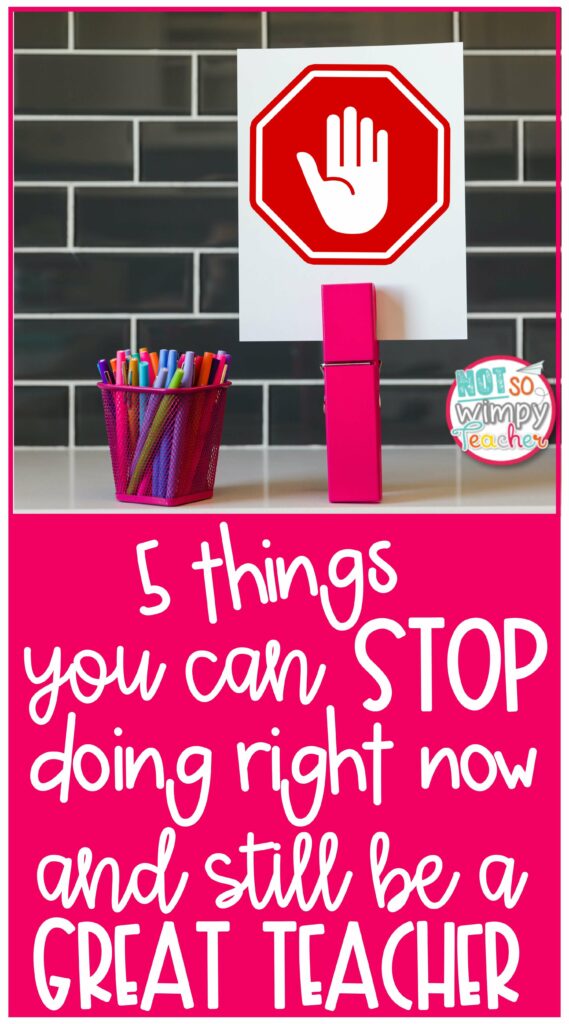
So cut yourself some slack and stop trying to do it all. When you take a little time to take care of yourself you will be an even better teacher.
Have a Not So Wimpy Day,



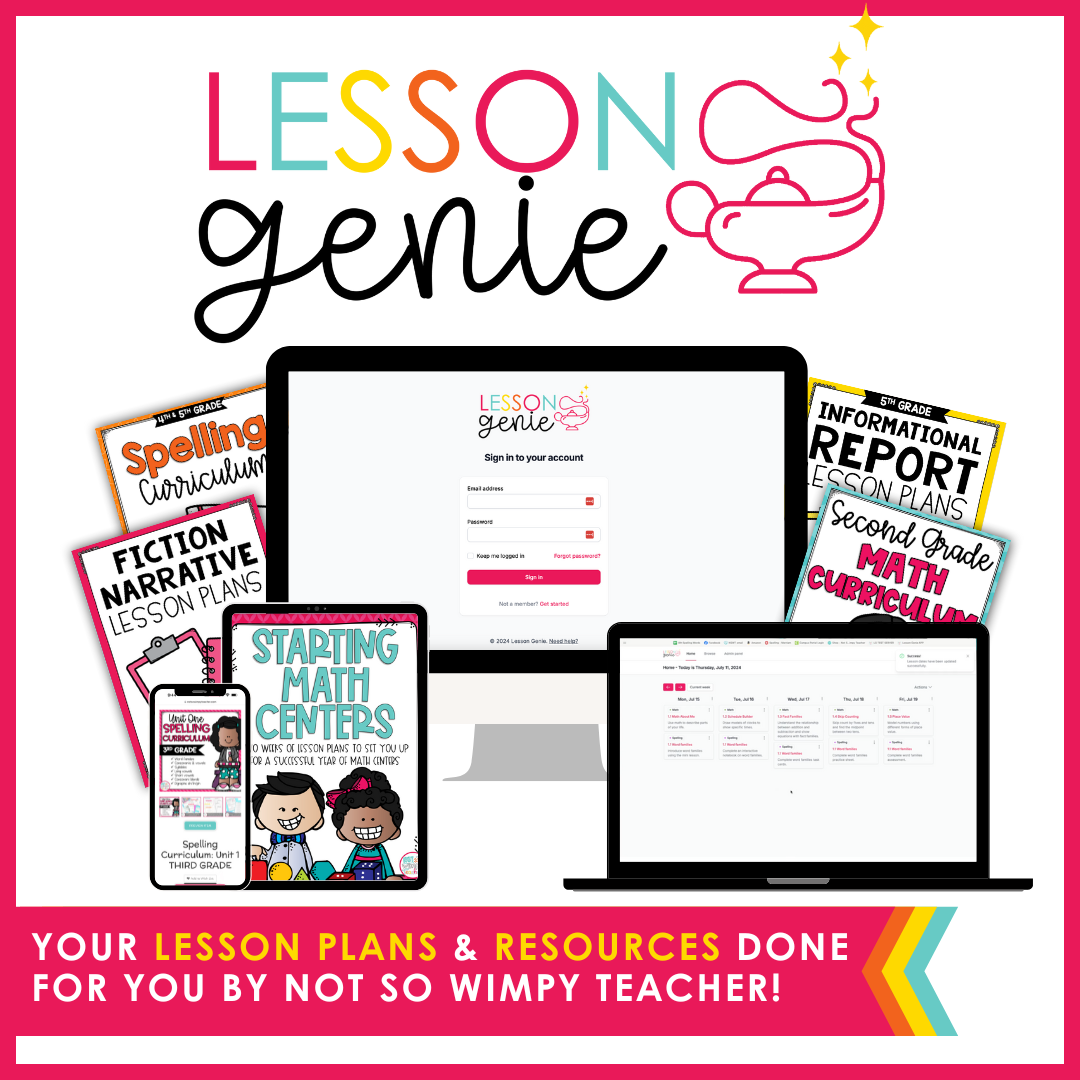



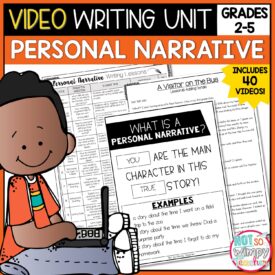
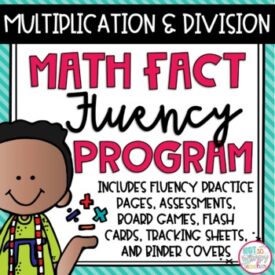
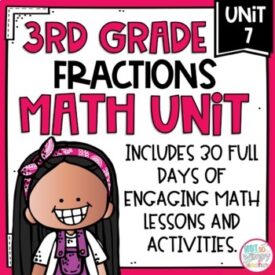
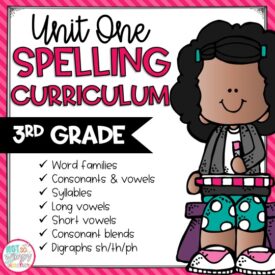
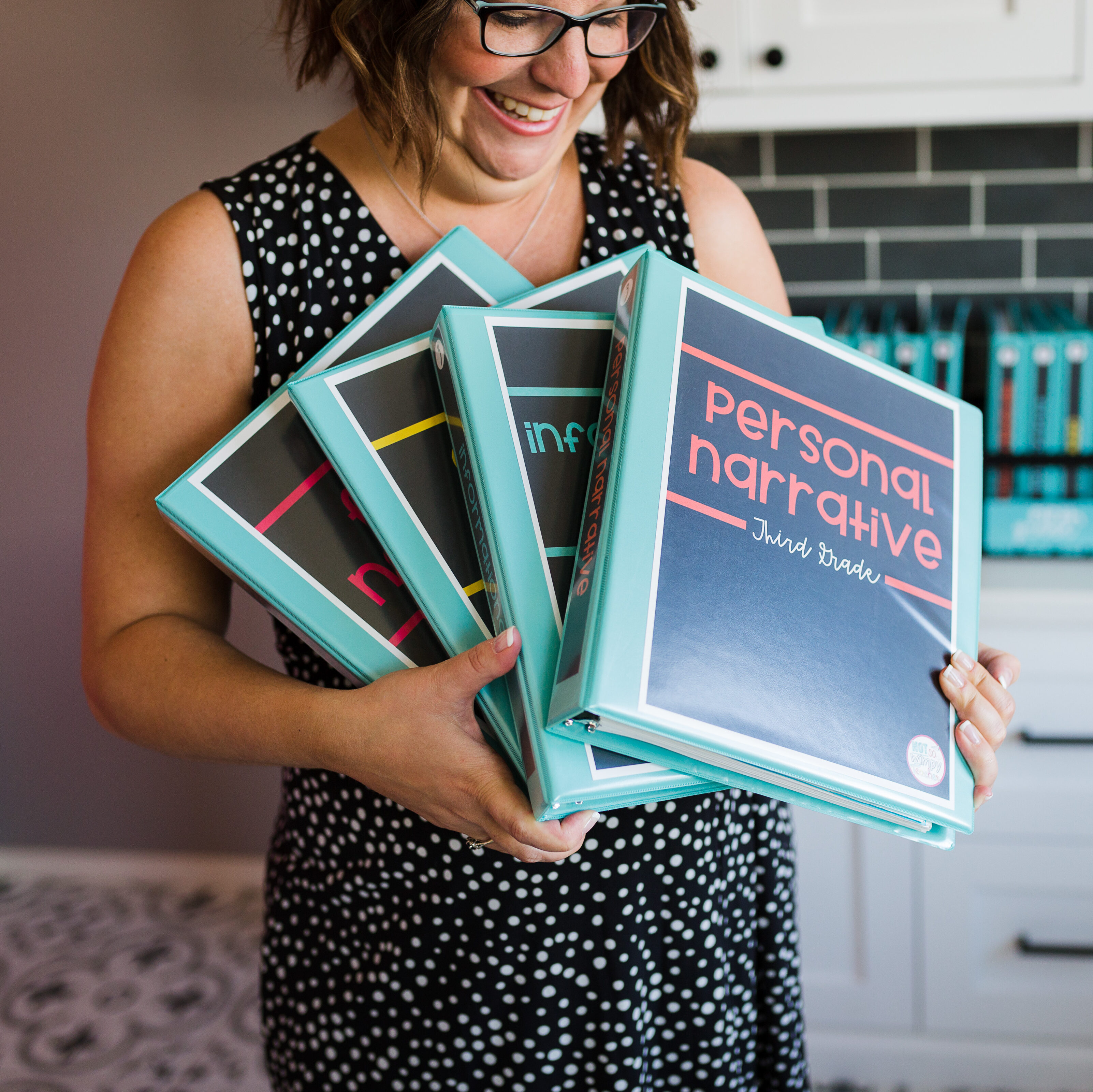

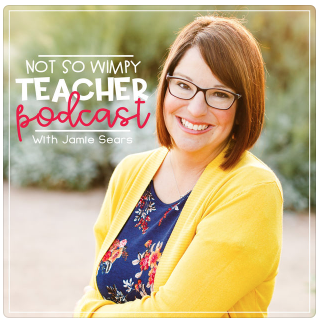




 Make Writing Workshop Easier + FREE Sentence Writing Unit for Grades 2-5!
Make Writing Workshop Easier + FREE Sentence Writing Unit for Grades 2-5!
Excellent advice!!! I love your suggestion about focusing on getting the 3 most important tasks done each day. Thank you for the tips.
Great advice! Thank you so much!
Great post, as always. The first one really hit home. Focus on the three most important tasks. Plus setting office hours. I did it when we went remote, I need to remember to do it now as well.
#6. Don’t just call only on students who raise their hands. On a seating chart, check off names of students you have called on and then ask those who didn’t raise their hands to ask a good question. If they say they can’t think of one, remind them to look anywhere in a book or whisper to a neighbor asking them for a good question that pertains to what we are learning.
#7. Don’t stand in one spot. Wander around the room but don’t have your back to the students. Have your back to the wall.
Thanks! Teacher burnout is real and your thoughts help put work into perspective.
Thank you for this article! This really hit home! I could relate to everything you wrote. I am trying to establish better habits and routines this year so that I can have a healthier balance between home and school. It is really hard to change, but I am trying. Thanks for your encouragement and “permission” to not live and breathe school 24/7!
So proud of you, Monica!!😊
This article came at the right time for me and I am a 30 year veteran teacher. I was at the marshmallow stage last week. It is sadly not the planning, or the students that is exhausting me. It is all the “extras.” Meetings, new state laws, new technology, added this and that. I was at my breaking point and had to take an emergency day off because I could not even think. That day helped. I chose the top three things that were eating at me because everything, even the easy stuff, was a challenge. Thank you for saying it is all right to leave work undone. You are right, there will always be more to do.
Yes, yes, yes! I’m at 28 years of teaching and it’s the extras that are killing me too. They steal from the time I want for planning and taking care of my students. I am making my weekend time a priority for me and not school.
We lost several veteran teachers to other districts last year because of all the expectations and extras asked of us. I don’t want to lose another educator because of this. This is my 24th year and I have never thought of “when will I retire?” until this year. 🙁 Teacher burnout is SO REAL and I find it hard to get a good night’s sleep.
That is just what I needed to read, thank you! This is my first year teaching 5th grade, and I am feeling very overwhelmed. Everything you said was spot on. I will be taking your advice. I am definitely going to start with the three most important tasks a day.
Thank you,
Lorri
Thank you for this great advice! I’m hoping for more time at home and less “teacher guilt” this year. My 21st year of teaching…
This is an excellent article! I actually do these things, but it took me 15 years to figure it all out! I hope your advice saves others years of distress! Thank you for all your great resources and tips!
Great post, as always. The first one really hit home. Focus on the three most important tasks. Plus setting office hours. I did it when we went remote, I need to remember to do it now as well.
Thank you! Year 26 and I needed these reminders.
It’s a
Job , pays
The
Bills
Upper echelon really don’t care about your health and well being ,
RUOK is a farce